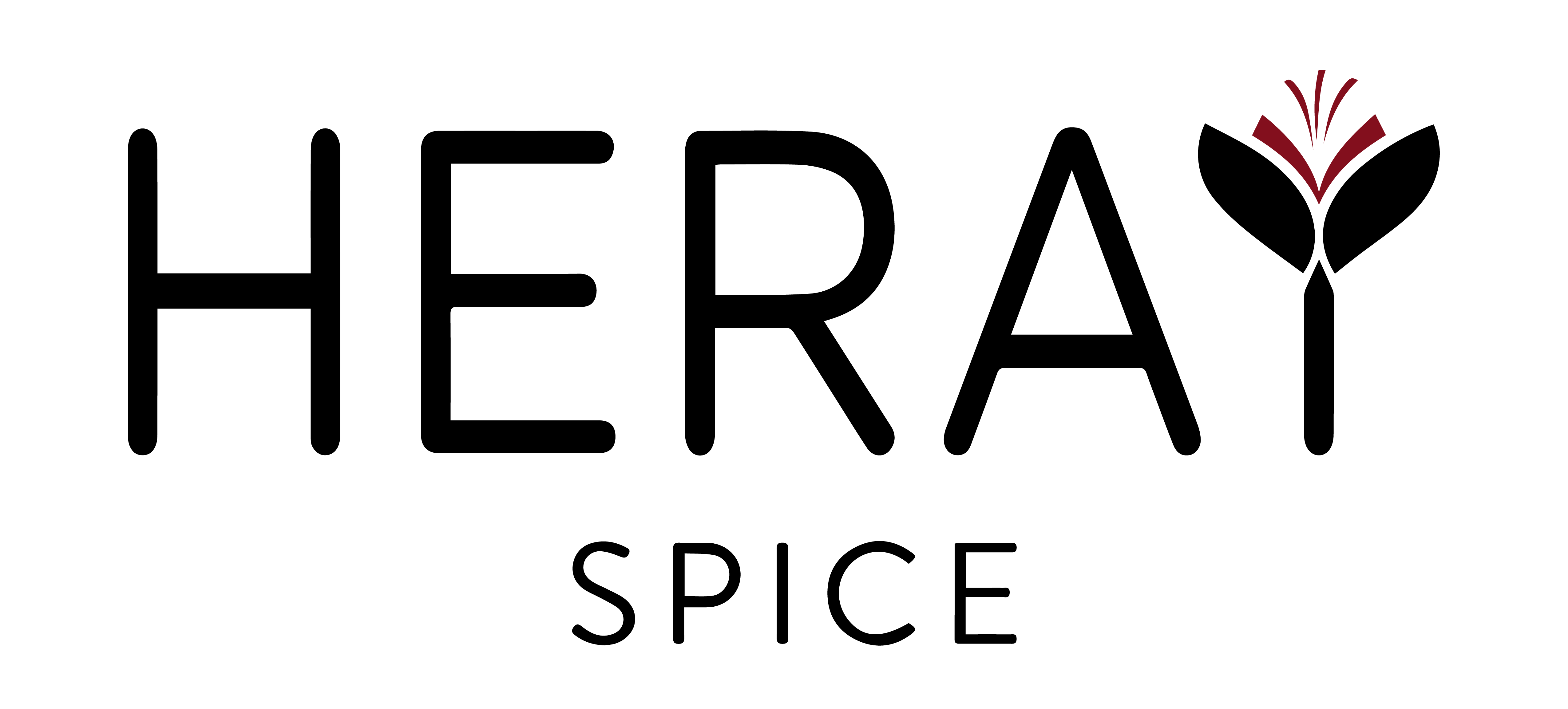Saffron, A Natural and Safer Alternative to Antidepressants

A Natural and Safer Alternative to Antidepressants?
When you think of saffron, you probably picture a luxurious spice used in culinary dishes. But did you know that this golden thread could also hold the key to improved mental health? Recent research suggests that saffron may be an effective and safer alternative to antidepressants, offering hope to those seeking natural solutions for depression and anxiety.

Saffron’s History and Nutritional Value
Saffron, is the threads that are derived from the flower of Crocus sativus, has been prized for centuries, not just for its culinary uses but also for its medicinal properties.
Ancient civilizations, including the Greeks, Persians, and Indians, have used saffron for its healing potential, treating everything from digestive issues to mood disorders.
What makes saffron so powerful?
This beautiful spice is rich in bioactive compounds such as crocin, safranal, and picrocrocin, which contribute to its vibrant color, unique aroma, and therapeutic benefits. These compounds have antioxidant, anti-inflammatory, and neuroprotective properties that make saffron more than just a kitchen staple—it’s a natural powerhouse.

A Natural Anti-Depressants
Saffron’s antidepressant effects are attributed to its ability to influence key neurotransmitters in the brain, such as serotonin and dopamine. These chemicals play a crucial role in regulating mood, and imbalances can lead to depression and anxiety.
Saffron Crocin Is The Key
The bioactive compounds in saffron, particularly safranal and crocin, help inhibit serotonin reuptake, much like SSRIs do.
Combatting Oxidative Stress
This increases the availability of serotonin in the brain, leading to improved mood and reduced symptoms of depression. Additionally, saffron’s antioxidant properties combat oxidative stress, which has been linked to mental health disorders.
Saffron vs. Antidepressants: What the Research Says?
Traditional antidepressants, such as selective serotonin reuptake inhibitors (SSRIs), are commonly prescribed for mood disorders. While effective for many, these medications often come with side effects like weight gain, sexual dysfunction, fatigue, and cognitive disturbances. This has led researchers to explore alternative treatments, and saffron has emerged as a promising candidate.
A systematic review and meta-analysis published in Nutrition Reviews compared the efficacy of saffron with that of SSRIs in treating depression and anxiety. The results were compelling: saffron was found to be as effective as traditional antidepressants in alleviating symptoms. Even more noteworthy, participants using saffron experienced significantly fewer side effects, making it a safer option for individuals sensitive to medication.

How Saffron Works in Mental Health
Saffron’s antidepressant effects are attributed to its ability to influence key neurotransmitters in the brain, such as serotonin and dopamine. These chemicals play a crucial role in regulating mood, and imbalances can lead to depression and anxiety.
The bioactive compounds in saffron, particularly safranal and crocin, help inhibit serotonin reuptake, much like SSRIs do. This increases the availability of serotonin in the brain, leading to improved mood and reduced symptoms of depression. Additionally, saffron’s antioxidant properties combat oxidative stress, which has been linked to mental health disorders.

Saffron’s Side Effect Profile: A Key Advantage
One of the most significant advantages of saffron over traditional antidepressants is its favorable side effect profile. While SSRIs and other medications can cause side effects severe enough for patients to discontinue use, saffron’s natural composition is gentler on the body.
In fact, a study cited by Dr. Mike Hart noted that 41% of participants stopped taking antidepressants due to side effects. For individuals seeking alternatives, saffron offers a natural solution with fewer risks, making it especially appealing for those who prioritize holistic approaches to health.

Beyond Depression: What Are Other Benefits of Saffron?
Saffron’s benefits extend beyond mental health. Its antioxidant and anti-inflammatory properties contribute to a range of additional health benefits:
1. Anti-Cancer Properties:
Research indicates that saffron may help reduce the risk of cancer by combating free radicals and inhibiting tumor growth.
2. Aphrodisiac Effects:
Saffron has been traditionally used to enhance libido and improve sexual function, particularly in individuals experiencing antidepressant-induced sexual dysfunction.
3. Vision Health:
Studies have shown that saffron can improve retinal function and slow the progression of age-related macular degeneration, making it beneficial for eye health.

How to Incorporate Saffron into Your Routine
Adding saffron to your daily life is easier than you might think. It can be used in cooking, infused into teas, or taken as a supplement in capsule form. To maximize its therapeutic benefits, it’s important to source high-quality saffron, as low-grade or adulterated products may not deliver the same results.
A Word of Caution
While saffron shows great promise as a natural antidepressant, it’s essential to consult a healthcare professional before making any changes to your treatment plan. Abruptly stopping prescribed antidepressants can lead to withdrawal symptoms and other complications. If you’re considering transitioning to saffron, do so under medical supervision to ensure a safe and effective process.
Why Saffron Matters
In a world where mental health disorders are on the rise, the need for effective and accessible treatments is greater than ever. Saffron offers a natural, science-backed alternative that not only addresses symptoms of depression and anxiety but also supports overall well-being.
Its history, combined with modern research, paints a compelling picture of saffron as more than a spice—it’s a symbol of hope and healing. By bridging the gap between traditional medicine and modern science, saffron has the potential to transform how we approach mental health care.

Final Thoughts
While saffron shows promise, it’s essential to consult a medical professional before replacing or discontinuing prescribed antidepressants. Abrupt cessation can cause withdrawal symptoms, and any transition should be medically supervised (Longevity Live, 2023).
Saffron’s rise as a natural alternative to antidepressants highlights its therapeutic potential. With minimal side effects and centuries of traditional use, it offers a holistic approach to improving mental health. However, further research and medical guidance remain essential for integrating saffron into treatment plans
